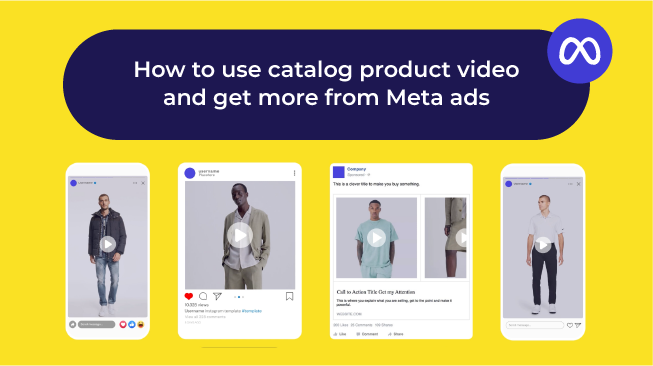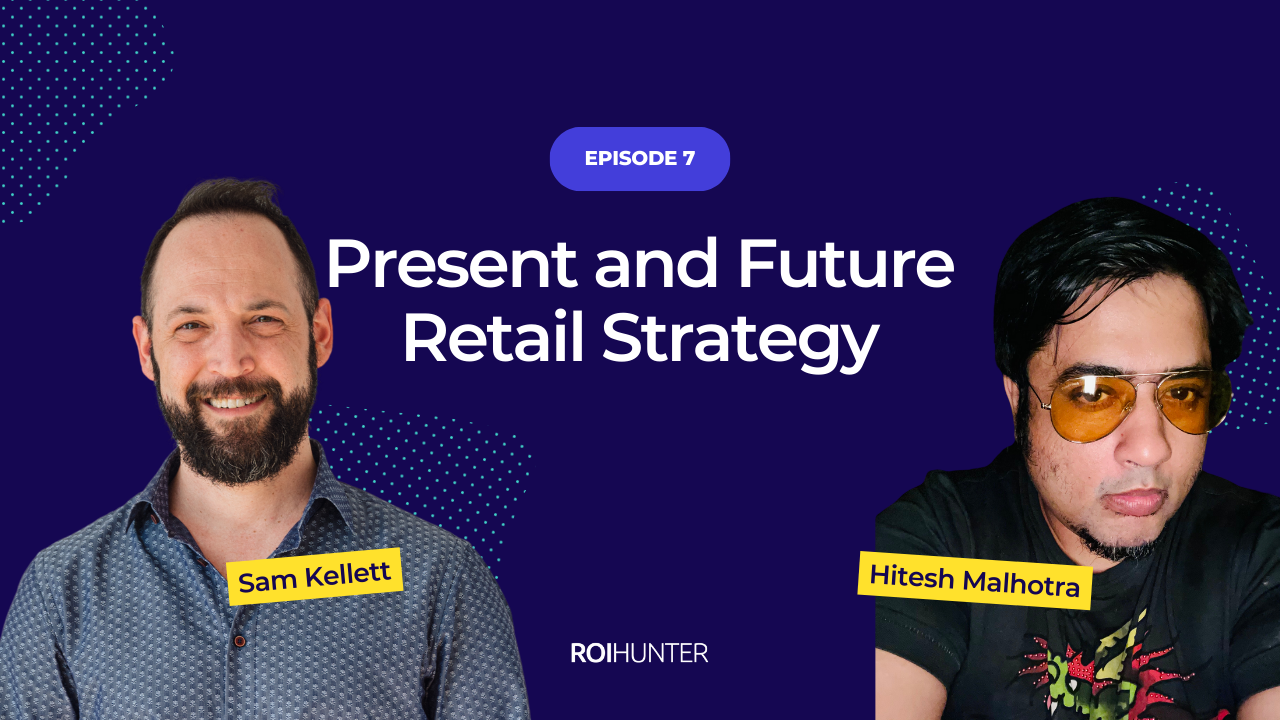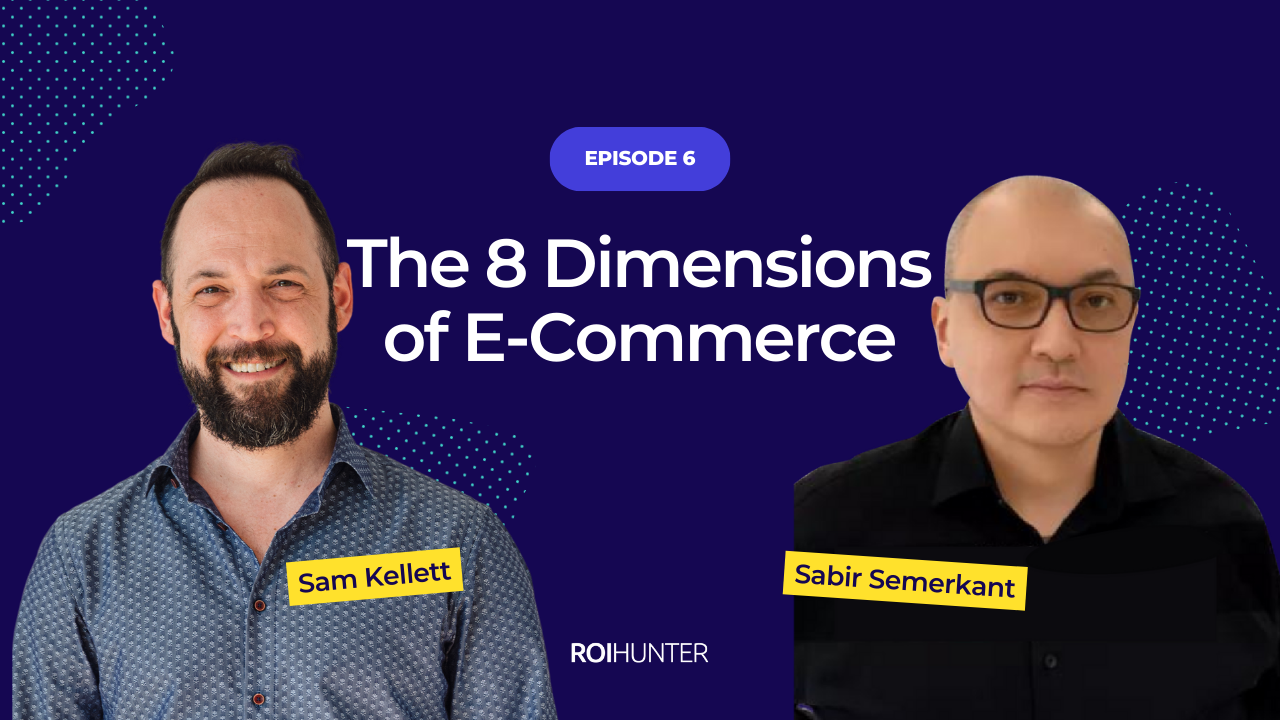As a result of COVID-19, governments of each country within the Middle East have put restrictions on the movement of trade, which has led to a significant shift in consumer behavior. The outbreak has encouraged rapid movement from traditional store-based selling to digitalization and online retail.
Some of these changes will continue to create a long-term digital disruption that will shape the E-commerce retail industry for decades to come.
In this article, we outline what things need to be evaluated during this time, and how online retailers might adapt to this new normal.
Things to Evaluate During This Time
Inventory: Monitoring inventory levels is always important, but now it’s more important than ever. Brands should ensure that the products they’re advertising are available and ready to ship. Household items, as well as numerous other products, are flying off the shelves, so double check to be sure you have ample inventory before advertising.
Border → The Middle East supply chain was impacted after governments began to enforce a complete lockdown across most Middle Eastern countries (including Saudi Arabia & UAE). This makes delivering across borders a major challenge, creating an opportunity to target new local audiences who used to buy from your international competitors.
Relevant and Simple Messaging: Keep your messaging relevant to the time we are in:
- Promote lotion as an opportunity to prevent dry hands due to increased washing
- Advertise exercise equipment as an opportunity to crush your home workouts while gyms are closed.
- Make sure any old messaging is sensitive to the current state of the world, and will not be negatively misinterpreted.
Takeaways That You Can Apply Today
1. Make sure your tech-setup is correct (Facebook Pixel)
With organic traffic to your website increasing, you want to make sure that your Pixel is installed correctly and tracking visits to enable Facebook’s algorithm to perform.
2. Adjust messaging and creatives towards first-time buyers
You will attract customers who will buy from you for the first time. Make sure you adjust your messaging and creatives accordingly to ease their shopping experience. Think of communicating things such as delivery time, shipping costs, availability and more.
3. Make sure you only promote products that are in stock
We said it before, but this point bears repeating. You need to be certain that items you advertise are, in fact, in stock. Add stock levels (in/out of stock) to your product feed to make sure you’re only promoting products you can deliver. You can easily do this by applying an automatic rule or condition to only promote in-stock products.
If you already work with ROI Hunter, you have the option to add accurate and exact stock levels for each and every piece of your inventory to the feed. This will help you to avoid dead stock and keep your supply chain as optimized as possible.
4. Focus on remarketing campaigns
According to Barilliance, over 75% of shoppers will leave your website without completing their purchase. With increased browsing, your pixel is being boosted with data. Now is a good time to re-engage with your website visitors and get them back to your website through your FB Ads.
In addition to this, you can drive new potential leads and sales by running tests with engagement custom audiences. These allow you to target users who have engaged with your content across FB and Instagram.
If you are already running ads on ROI Hunter’s platform, you also have the option to ‘refine audience’, which means you can exclude users with a high bounce rate from your remarketing campaigns and save money from day one.
Final Thoughts
Consumer behavior has shifted during the pandemic. More people are moving to online retail than ever before, and e-commerce retailers need to be ready. Though these initial supply chain disruptions may lead to disaster for the worst affected retailers, those that are able to stay profitable through these trying times may find great opportunity.
The world of retail is shifting online, and e-commerce retailers can adapt to stick around until it does:
- Closely monitor inventory levels
- Remarket to new potential customers
- Keep your messaging honest and straight-forward.



